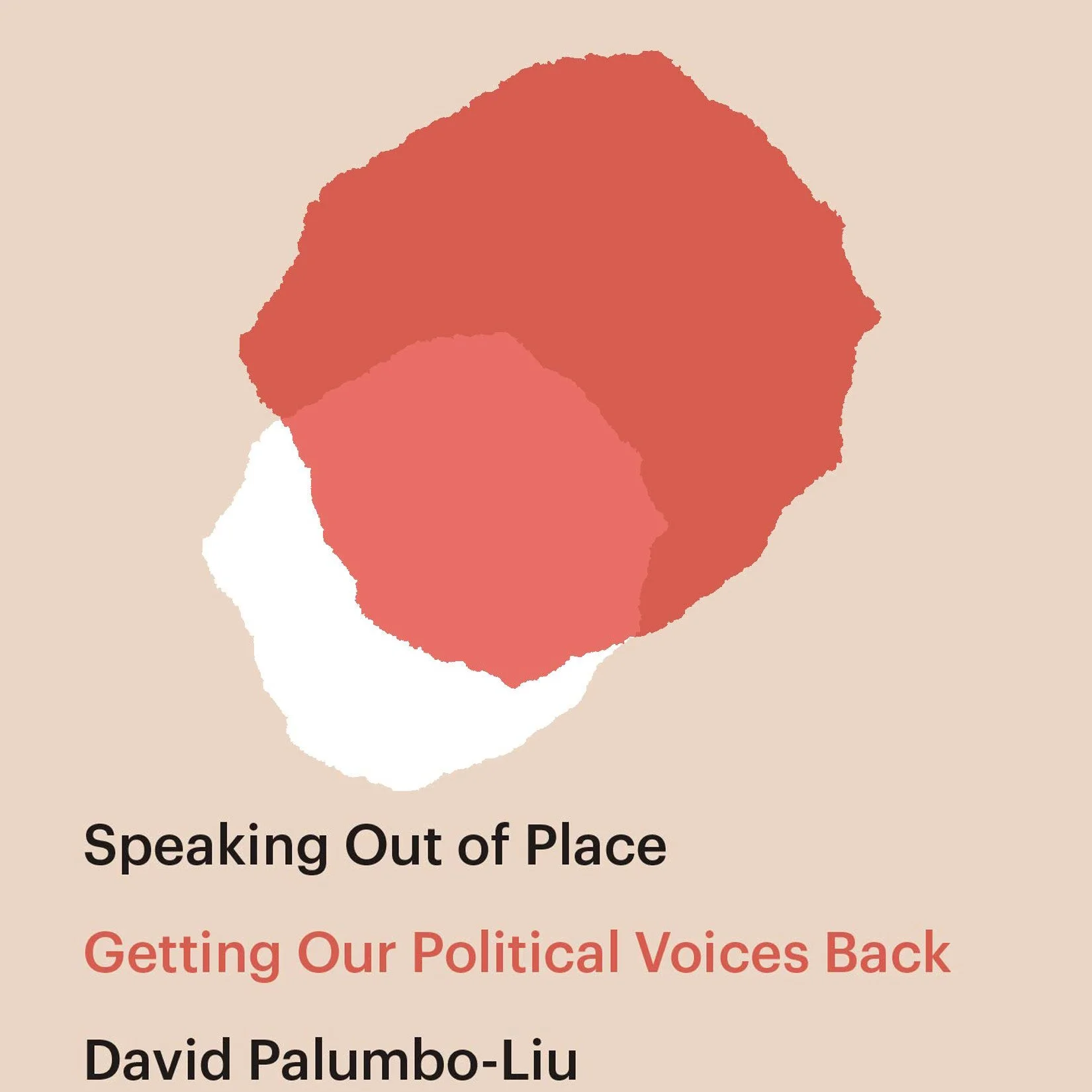(Highlights) ROB BILOTT
/Environmental Lawyer · Partner Taft Stettinius & Hollister LLP
Author of Exposure: Poisoned Water, Corporate Greed, and One Lawyer’s Twenty-Year Battle Against DuPont
It's kind of a scary thought. We've got these PFAS (per- and polyfluoroalkyl substances), you hear them now referred to as forever chemicals because these chemicals–none of these existed on the planet prior to World War II–they're fairly recent invention and they have this unique chemical structure that makes them incredibly useful in a lot of different products, manufacturing operations, but also that same chemical structure makes them incredibly persistent and incredibly difficult to break down once they get out into the environment, into the natural world, into our soil, into our water. They simply, many of them, particularly the ones with eight or more carbons in their structure, don't break down under natural conditions. Or it may take thousands or millions of years for those chemicals to start breaking down. But not only that. Once they get into us, they get into people, they tend to accumulate in our blood and build up over time. They not only persist, they bioaccumulate. Unfortunately, as the science has slowly been revealed to the world about what these chemicals can do, we are seeing that they can have all kinds of toxic effects And unfortunately, we’re finding that those things can happen at lower and lower dose levels.



















